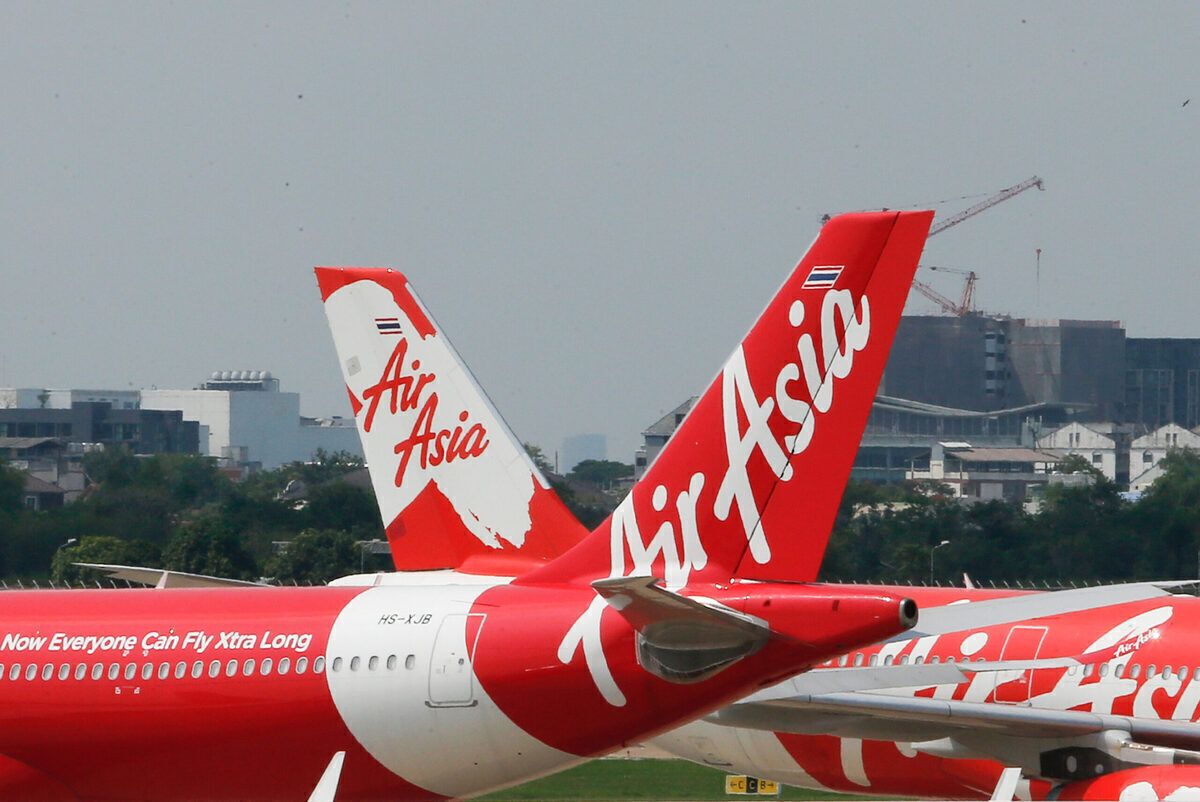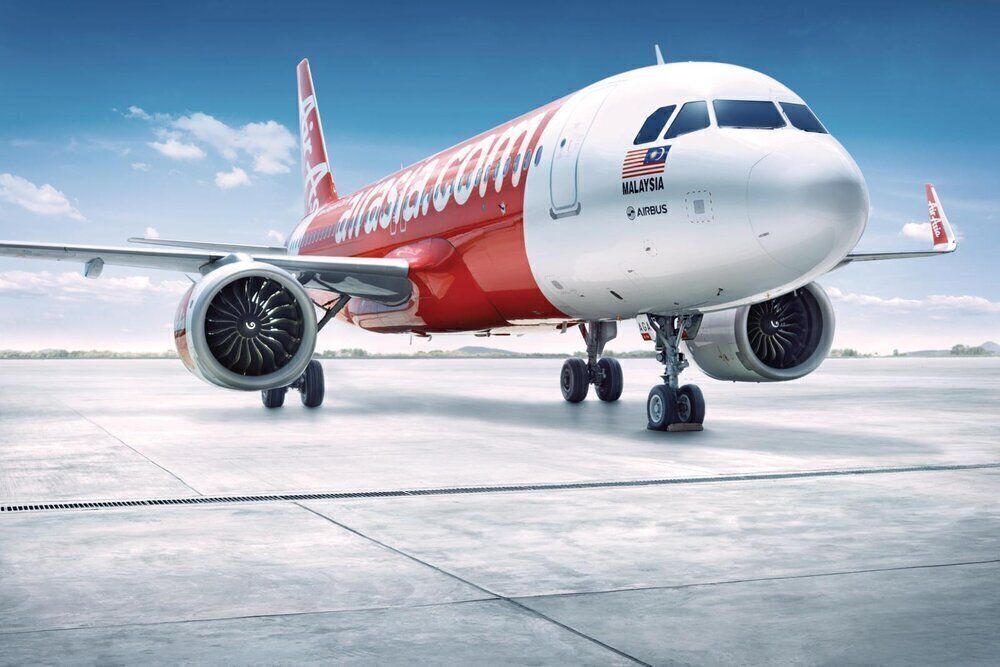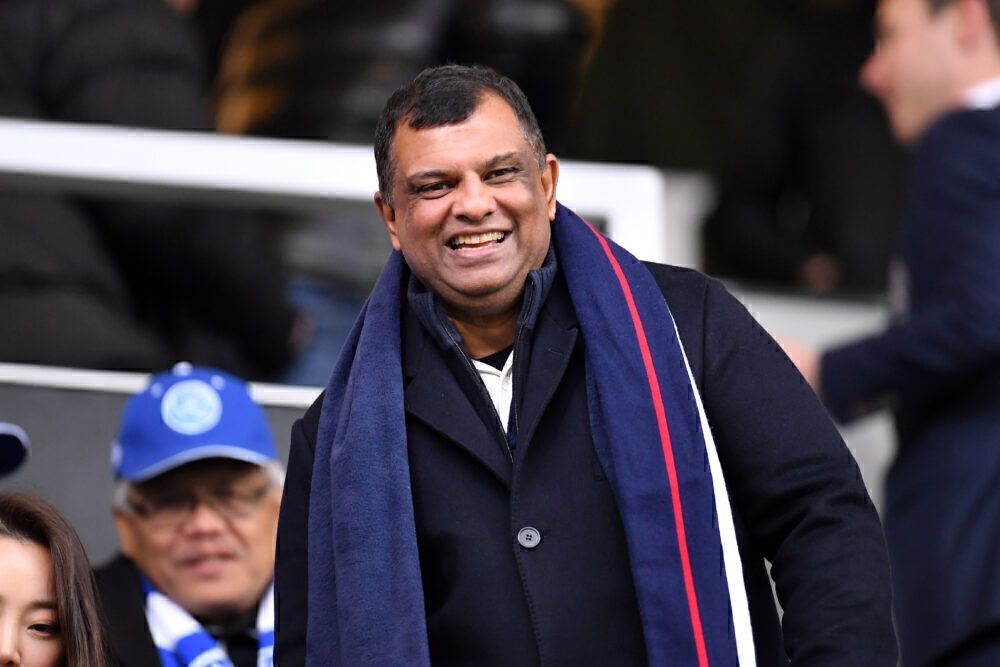AirAsia has posted a US$236 million net loss for the first three months of 2021. The quarterly result follows a $1.42 billion net loss recorded across the calendar year 2020. Buried in the footnotes of the Q1 2021 report is the revelation AirAsia owes aircraft lessors $435.5 million in deferred payments.
Narrowing losses and a quietly optimistic AirAsia CEO
The Malaysia-based low-cost airline had forged a reputation offering value-for-money flights around Asia. But with international borders largely closed, the airline has been focusing on its limited domestic network. However, a lockdown substantially hampered AirAsia's domestic flights last quarter in Malaysia in January.
AirAsia saw revenues of $49.6 million in the first three months of 2021 and carried 976,968 passengers. In contrast, AirAsia had revenues of $523 million in the first three months of 2020 and flew 9,847,010 passengers.
AirAsia's CEO, Tony Fernandes, highlights the narrowing loss when compared to the worst quarters of 2020.
"I'm quietly optimistic," he told Bloomberg TV recently. "I think in the next six to 12 months, normalcy will come back."
Restructuring aircraft leases key to AirAsia's survival
According to ch-aviation data, 87 of AirAsia's 108 aircraft are leased. The same data says AirAsia has planes leased from 12 lessors, with CastleLake, Nomura Babcock and Brown, and Fly Leasing sending AirAsia the most planes.
In addition to talking to financial lenders, AirAsia sees the restructuring of existing aircraft lease arrangements, which may or may not include payment holidays, as key to ensuring the airline has sufficient capital to survive the travel downturn.
"We are also currently renegotiating lease terms with all our lessors," AirAsia said in its notes accompanying the release of the Q1 2021 results last week. "The Group foresees it will
have sufficient liquidity to sustain the business operations."
For aircraft lessors, 2021 is shaping up as a year where supporting embattled airlines must be balanced with commercial realities. While many airlines scored generous lease deferral terms in 2020, there is growing evidence those days are over for the airlines.
Power dynamic shifting between airlines and aircraft lessors
With aircraft lessors now holding the can for $435.5 million in deferred payments from AirAsia alone, Tony Fernandes is in a powerful position to wrangle new deals from his lessors. Still, he won't get it all his own way.
Despite the worldwide travel downturn, most aircraft lessors are becoming more confident about the future outlook. Most experts agree the world is tracking back towards normality, albeit at a slow stop-start rate.
That return to normality will see aircraft lessors emerge stronger than ever in the airline industry. They have the planes, they have access to cheap capital, and they'll have the clout to support (or not support) particular airlines.
As airlines like AirAsia fly out of the travel downturn, they won't have the money (and their credit ratings will be so battered they won't have access to cheap borrowed money) to buy new planes and expand. That gives aircraft lessors a lot of leverage now and in the future when negotiating with airlines like AirAsia.
"We've had great support from our lessors, and we've restructured most of our creditors," says Mr Fernandes. Like many airline CEOs, he has used the past year to shake out AirAsia and reduce its cost structure. Mr Fernandes thinks that when people start flying again, the broader economic environment will be more subdued than before, which will benefit low-cost carriers ahead of full-service carriers.
Tony Fernandes is confident he will get all his planes, leased and owned, back in the air and more revenue flowing through the business. After seven consecutive quarterly losses, a profit is well overdue. AirAsia's aircraft lessors would probably just be happy with market rates for their planes.



